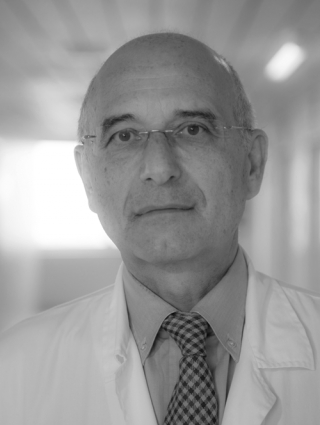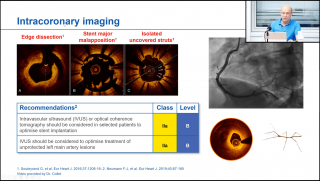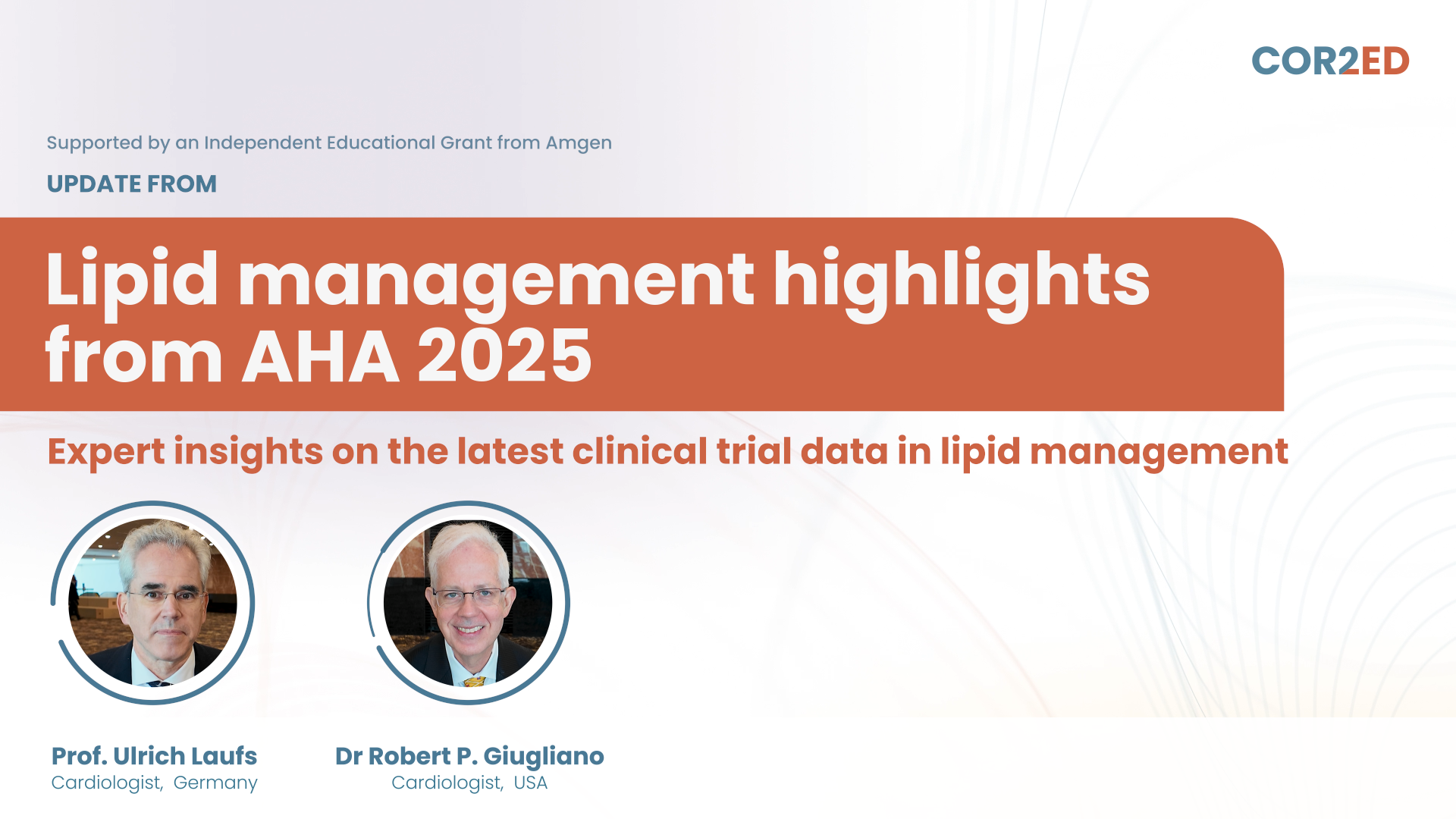Sergio Raposeiras Roubín (Santiago de Compostela, 26 November 1983) holds a degree in Medicine from the University of Santiago de Compostela (National Award 2007) and a PhD from the same university. He completed his clinical fellowship in cardiology at the Clinical Hospital in Santiago de Compostela, with a short training in the Royal Bromptom Hospital of London and in the Montefiori Hospital of New York (National Award to the Best Fellowship 2013). He has two master's degrees (in Clinical Cardiology from the Miguel Hernández University, and in Statistics in Health Sciences for the Universidad Complutense de Madrid), and two postgraduate degrees (in Research Methodology from the Univesidad Autonoma de Barcelona, and in Cardiovascular Imaging from the Spanish Society of Cardiology). From May 2013 to January 2016 he developed his clinical care activity as Clinical Cardiologist at the Clinical Hospital of Santiago de Compostela, and since February 2016 he is staff of the Cardiology Department of the Alvaro Cunqueiro Hospital from Vigo, where he is Coordinator of Clinical Research. Collaborator at the University of Santiago de Compostela, he is a Professor of Master programs (Heart Failure and Diabetes, coordinated by the Spanish Society of Cardiology) and a usual speaker of courses from Spanish Society of Cardiology. He is also Associate Editor of BMC Cardiovascular Disorders and REC:Cardioclinics, and reviewer of more than 10 scientific journals including the Journal of American Collegue of Cardiology and the European Heart Journal. He has been invited as a speaker in Congresses from Italian Society of Cardiology and American College of Cardiology. He is member of the scientific committee of the CardioGroup (international project to promote cardiovascular clinical research in young cardiologists) and he is also part of the International Leadership Group of American Collegue of Cardiology. During his clinical training he initiated a translational research project on the involvement of advanced glycation products in heart failure, obtaining the Pfyzer Prize for discovering the role of advanced glycation in atrial fibrillation. His current clinical research projects focus on risk stratification and post-infarction therapies. In 2012 he won an American Collegue of Cardiology Award for the best article published in JACC Cardiovascular Intervention for a researcher under 40 years old. He have defended more than 200 communications in national and international congresses, with more than 140 indexed publications (38% as first author) with an average impact factor higher than 4 (index H 21, with average citation in the last year of 1 cite per day), being the author of 1 book and chapters in 23 books. He is coordinator of 2 international projects in acute coronary syndrome: the BleeMACS registry (multicenter international project for the study of bleeding in acute coronary syndrome) and the RENAMI registry (European project for the study of new antiplatelet agents ). From the BleeMACS Project, he developed a score to predict the risk of post-infarction bleeding (BleeMACS score), from which he derived an online calculator and a mobile app that allow identifying patients who benefit from a more intensive antithrombotic therapy, being cited by European and international recommendations for the management of post-infarction patients with high risk of bleeding. Since 2017, he was involved in the direction of a clinical trial (REBOOT trial) about the utility of beta-blockers in after myocardial infarction










 Downloadable
Downloadable  3 MIN
3 MIN
 Jan 2026
Jan 2026 




